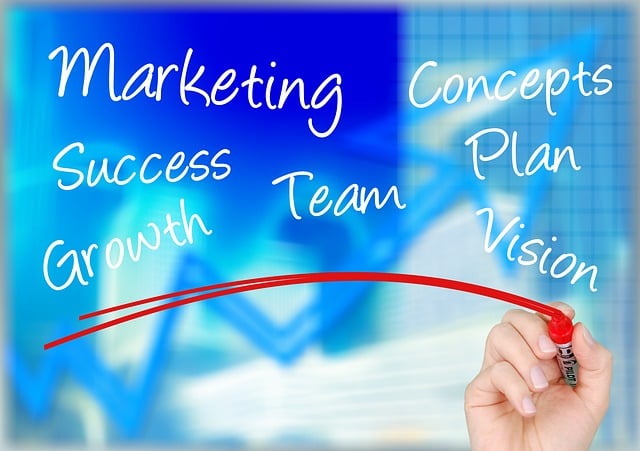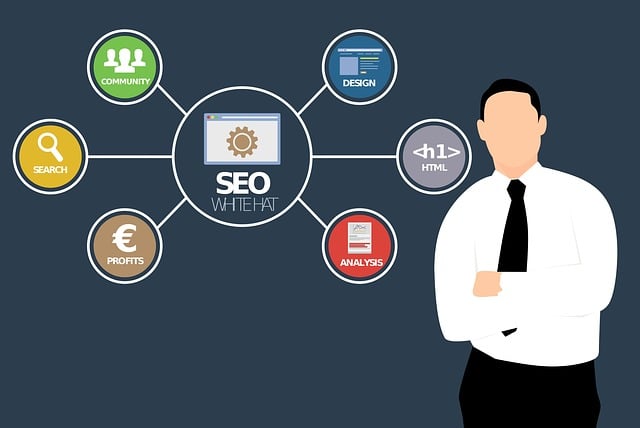AI-based allergy detection tools revolutionize healthcare by offering precise, efficient diagnoses and personalized management plans, improving patient outcomes. Automating business workflows with AI streamlines operations, increases productivity, and aids strategic planning. Integrating AI requires identifying areas for improvement, addressing data privacy and ethical concerns, fostering AI literacy, and collaborating between IT, leaders, and specialists to develop tailored solutions.
“Revolutionize your business operations with AI workflow automation! This article explores the transformative power of Artificial Intelligence in streamlining processes, enhancing efficiency, and accuracy. We delve into the world of AI-based allergy detection tools, their functioning, and significant impact on industries.
Furthermore, discover practical strategies for integrating AI into your business model, along with potential challenges to navigate. By understanding these concepts, businesses can embrace automation, improve productivity, and stay ahead in today’s digital landscape.”
- Understanding AI-Based Allergy Detection Tools: How They Work and Their Impact
- Automating Workflows with AI: Enhancing Business Efficiency and Accuracy
- Integrating AI into Your Business: Strategies for Success and Potential Challenges
Understanding AI-Based Allergy Detection Tools: How They Work and Their Impact

AI-based allergy detection tools have revolutionized the way we identify and manage allergies, offering a more precise and efficient approach compared to traditional methods. These innovative tools utilize advanced algorithms and machine learning techniques to analyze various data points, including medical history, symptoms, environmental factors, and even genetic predispositions. By learning from vast datasets, these AI models can accurately predict and diagnose allergic reactions.
The impact of such tools is significant, as they enable faster and more reliable allergy testing. They can help reduce false positives, which are common in conventional tests, leading to better patient outcomes. Additionally, these AI systems provide personalized recommendations for managing allergies, considering individual characteristics and lifestyle factors. This tailored approach empowers individuals to take control of their health and significantly improves their quality of life.
Automating Workflows with AI: Enhancing Business Efficiency and Accuracy

Automating Workflows with AI transforms business operations by streamlining tasks and enhancing efficiency. AI-driven tools, such as AI-based allergy detection systems, can accurately and swiftly process vast datasets, reducing manual errors. This technology optimizes workflows, allowing employees to focus on more strategic responsibilities.
By automating repetitive and time-consuming activities, businesses experience improved productivity and accuracy. AI ensures consistent performance, accelerates decision-making processes, and provides valuable insights for better business planning. Its adaptive nature enables systems to learn and evolve, continuously refining their operations for maximum efficiency.
Integrating AI into Your Business: Strategies for Success and Potential Challenges

Integrating artificial intelligence (AI) into your business can significantly streamline workflows and enhance decision-making processes, but it’s not without its challenges. A successful AI implementation requires a strategic approach that aligns with your organization’s goals and culture. Start by identifying specific areas where AI can bring about substantial improvements, such as data analysis or process automation. For instance, AI-based allergy detection tools can revolutionize the healthcare industry by offering precise, rapid diagnostics, thus improving patient care.
However, be prepared to tackle potential hurdles like data privacy concerns, ethical considerations, and ensuring employee buy-in. Investing in robust data management practices and fostering an AI-literate work environment are essential steps. Additionally, collaboration between IT professionals, business leaders, and AI specialists is crucial for developing tailored solutions that meet unique industry requirements while mitigating risks associated with this rapidly evolving technology.
AI business intelligent workflow automation offers immense potential for businesses to streamline operations, enhance efficiency, and achieve greater accuracy. By understanding and implementing AI-based allergy detection tools, integrating them seamlessly into existing systems, and addressing potential challenges, organizations can unlock significant improvements in productivity and data analysis. AI’s transformative power in workflow automation is undeniable, promising a future where businesses operate with heightened intelligence and precision.
